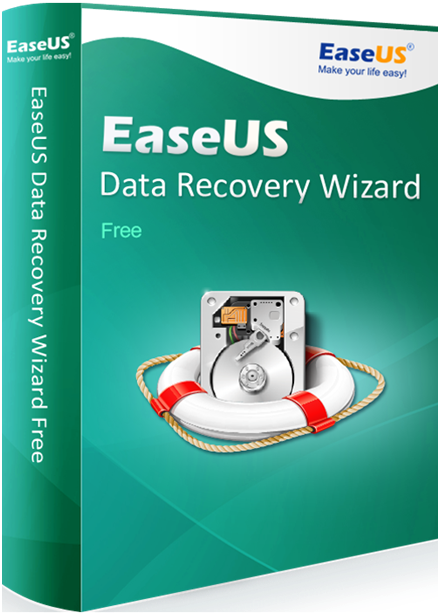The Need for Secure Data Recovery

How can you possibly handle secure data recovery? Think about that computer system you are using. You keep all of your expense and income records on it for tax purposes. Your daily accounts get updated constantly. Purchases, gross receipts, miscellaneous business deductibles, expenses, and travel expenses are all kept track of with your accounting system. You also have all of your information regarding your inventory on there, along with your client mailing list.
Now take a minute and imagine what would happen if something erred and your computer failed. You have to know that disk drives are simply not infallible. They fail for any number of reasons. The losses might be gradual or sudden and catastrophic. When that happens, you will find out quickly just how important it is to have a secure data recovery plan in place.
Recovery Isn’t a Guarantee
Not all data store platforms offer data recovery. Take Redis, for example. This is a key value, in memory data store. It is, in fact, one of the most popular ones and is used by major IT brands throughout the world. This is a storage system where you are able to store your data in key and value pairs. These are stored in RAM. However, Redis does not come with any sort of mechanism for backup and recovery of the data store. Because of this, if there happens to be a disaster, or if the hard disk crashes, all of the data will be lost. For this reason, and because so many other platforms also don’t guarantee recovery, you will need to have a plan for data recovery in case the unthinkable happens.
What to Do
Your system might be working smoothly right now. That doesn’t mean that it will forever, though. You need to protect your data now. There are a number of things that you can do to that end. Some of those things include:
- Conducting a security audit so that you will know which data needs to be protected and which areas of your business are the most vulnerable. Do this with a professional and audit your whole IT system – including mobile devices, network, and computers.
- Let the staff know that they play an important role in the security of the data they work with. A major cause of security breaches has to do with human error. Your staff needs to always be on guard to prevent errors.
- Use multiple strong passwords. Make sure that they are committed to memory instead of written down.
- Encrypt, encrypt, encrypt. One of the greatest tools to wield against data theft is encryption. Stolen data is worthless to the thief if they can’t read it.
- Backups. Make sure that you are performing regular backups of your data. These backups will preferably be stored in a remote location in case something happens to the system.

The Necessity
It is true that massive strides have been made in terms of the reliability of our technology. With that being said, it still isn’t perfect and as such, there will be issues from time to time. It can be exceedingly costly for your business to eliminate a single point of failure when it comes to the infrastructure of your IT, but this truly is the only way to ensure that a failure in your hardware won’t cause a data loss or interrupt your service.
Nature is often unpredictable too. We have all seen what can happen when the weather turns mean. Businesses that don’t have any sort of backup and recovery plan in place will find that it is nearly impossible to get back up and running following a major disaster. In fact, nearly 80% of small businesses that experience any sort of interruption that lasts for more than 5 days and that don’t have a plan for recovery, never open their doors again.
If all this is scary to you then good. You should be scared. Scared people take precaution and make strides toward ensuring that the things that they are scared of never come to pass. Or if they do come to pass, they are sure to be prepared. Don’t wait until it is too late. You can lose your data at any time and for any number of reasons. Protect it now. Have a recovery plan in place.
.
Image credits.


